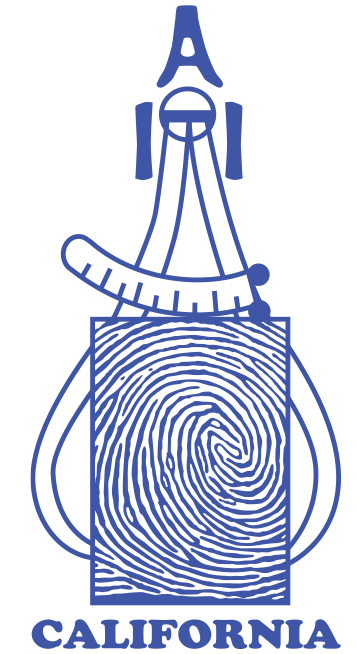CSDIAI’s 2024 Training Seminar
MISSION STATEMENT
To bring persons who are actively engaged in the profession of Identification and Scientific Investigation into an organized body so that the profession, in all of its disciplines, may be administered and practiced in an ethical and effective manner
To encourage the improvement of all disciplines of Forensic Identification and Investigation by fostering and supporting the need for original research, refinements of current methodology and professional training.
To promote the sharing and dissemination of information and knowledge by sponsoring training seminars, publishing papers and articles and encouraging members to openly discuss all aspects of their profession with their peers and others seeking knowledge and skill.
To set the highest standards of ethical, scientific and professional conduct for its members and to make those who command, manage or supervise within the Law Enforcement and Criminal Justice communities aware of these standards and encourage their adoption in these communities.
To inspire in our members a professional pride and commitment to serve Law Enforcement, the Criminal Justice System and society in general by applying their knowledge and skill to the best of their abilities.
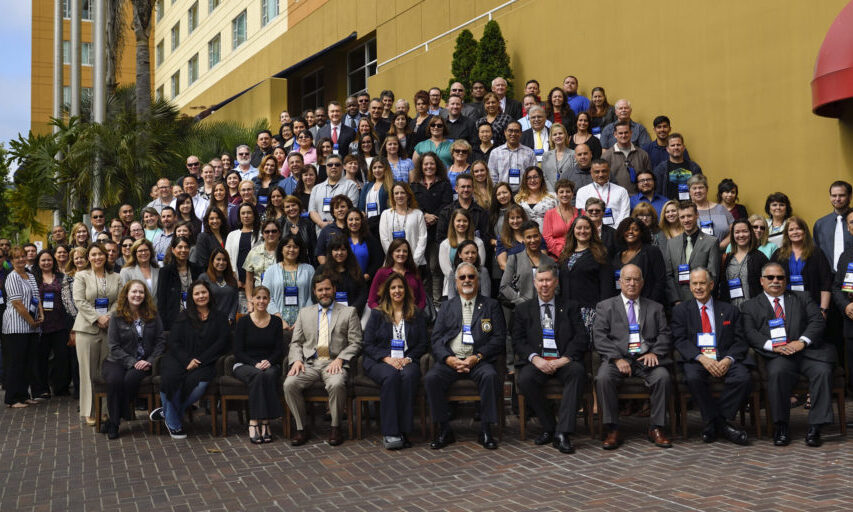
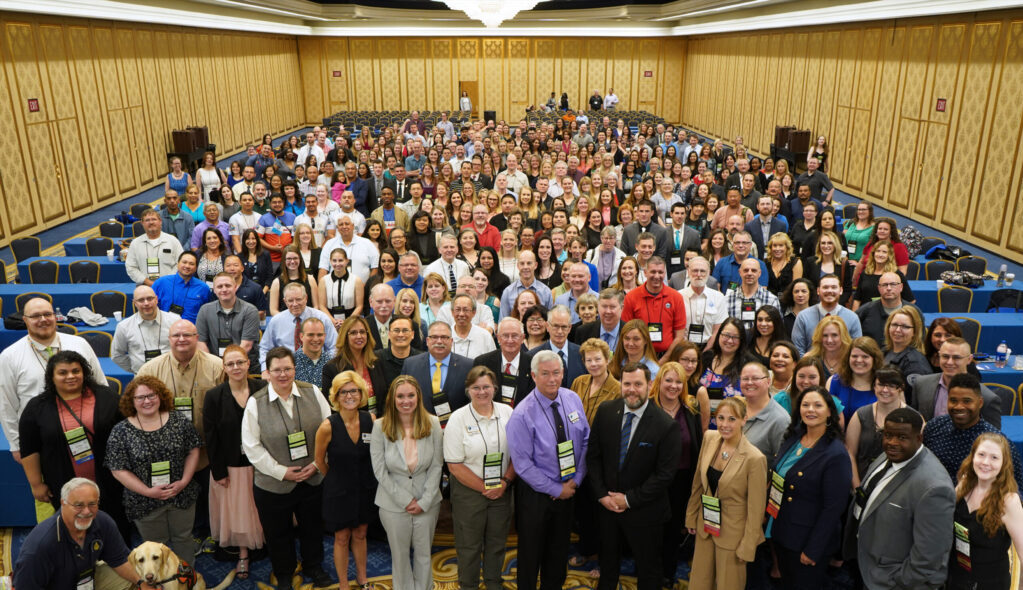
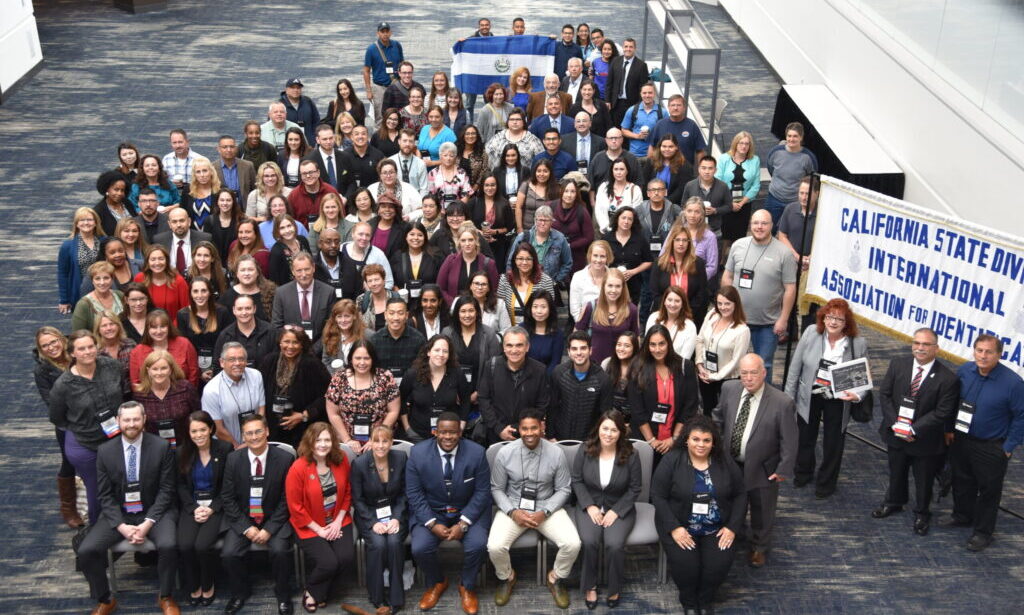
President’s Message
Happy Holidays to all our CSDIAI members. As I sit down to write this message, we have just celebrated Thanksgiving and I hope you all enjoyed spending time with friend and family. I hope the upcoming holiday season treats you well and that you can take a moment and reflect on 2023 and what 2024 has in store for us.
The 2024 seminar team is gearing up for the Bakersfield Seminar that will be taking place April 22-25,2024. We have many special events planned and I know the training you will receive during the week will be something you can use throughout the remainder of your Law Enforcement Career. I am excited to announce the Keynote speaker for our event will be Julie Weil. Julie is a sexual assault survivor and has made it her lifelong goal to be champion for change in the way survivors of sexual assaults are treated in the Law Enforcement System. As I spoke to Julie about coming to Bakersfield to speak to our members, I could hear the passion in her voice and know that her message will be an inspiring one as she will encourage all of us to keep fighting the good fight.
CSDIAI elections are coming up and it is not too late to put in your nomination for a position on the Executive Board. See the call for Nominations in this article for the deadline and available positions. As a reminder for those of you who are certified in any discipline with the IAI, holding an office or serving on a committee with the CSDIAI will earn you five credits per year toward your re-certification requirements.
As I close this message, I want to thank all the CSDIAI members for your support throughout the year. I cannot say it enough that I really appreciate each of the members who have contacted me during my time as President. So much support has been received to help this organization propel forward. Feel free to reach out to me anytime as I enjoy hearing from all of you. If you are not on our social media pages we are on Instagram and Facebook. Our social media team is regularly posting announcements and job openings. Once again, I hope you have a happy holiday season. Take care.
Jeff Cecil
2023-2024 CSDIAI President
Administrative Executive Committee
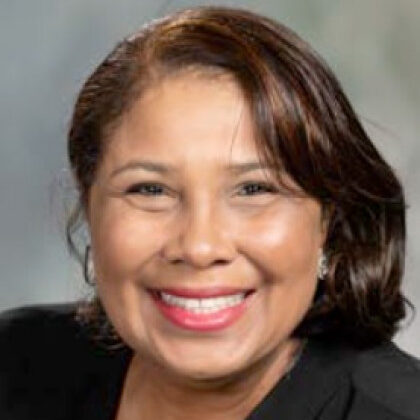
Cynthia Fortier
First Vice President
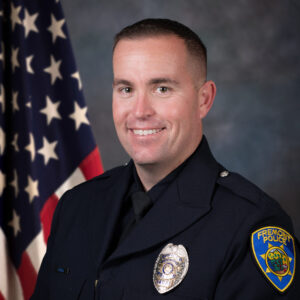
Donald O’Neal
Second Vice President
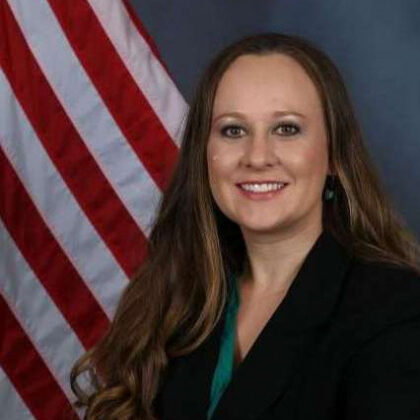
Bryanna Toussaint
Third Vice President
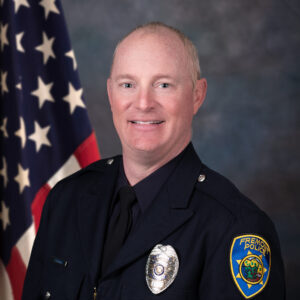
Paul Richards
Sergeant at Arms
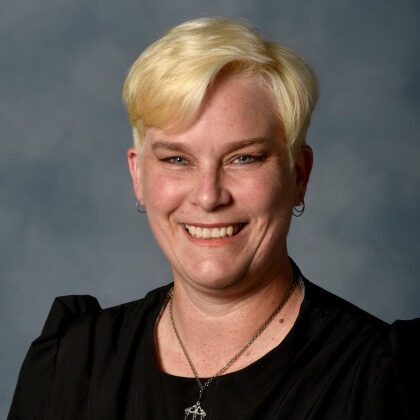
Nicole Osborn
Chairperson
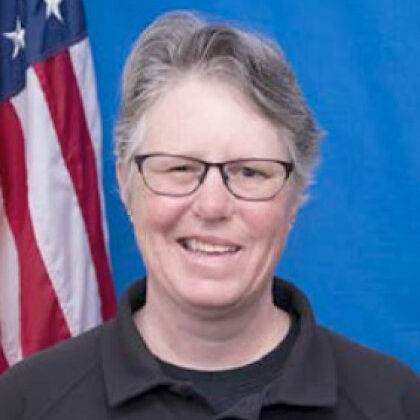
Laura Lathrop
Secretary Treasurer
